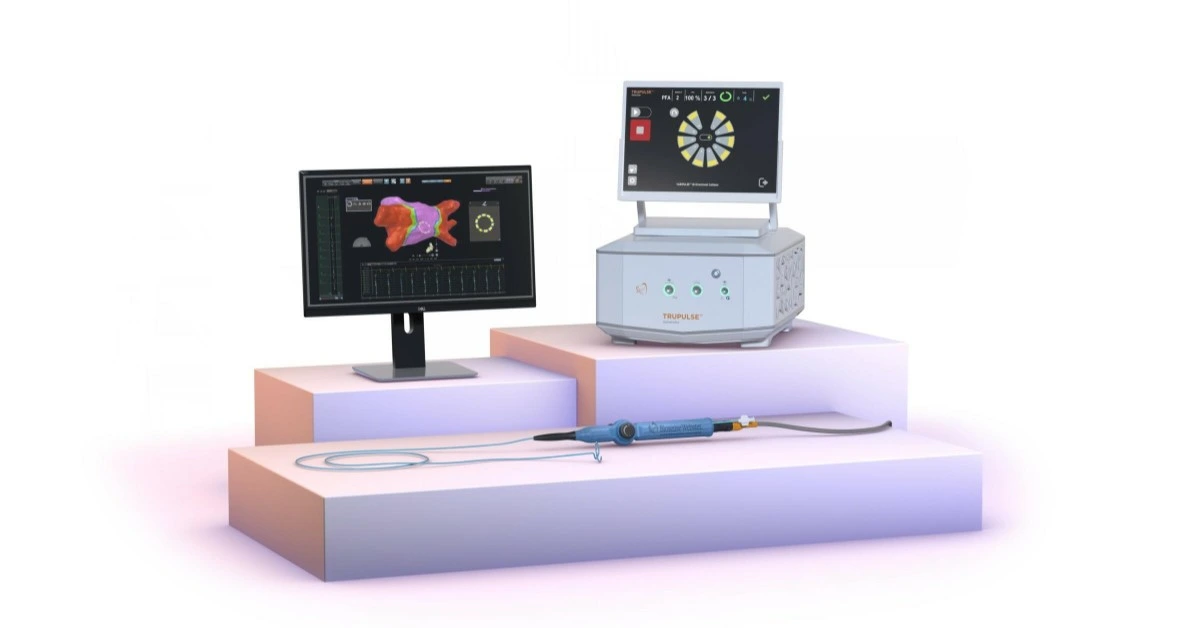
USA – Johnson & Johnson MedTech has temporarily halted the use of its Varipulse Pulsed Field Ablation (PFA) system in the United States.
The pause was initiated after four “neurovascular events” were reported in patients who underwent treatment.
While the company has not disclosed specific details about these incidents, the FDA’s database includes a report from September 2024 of a patient who experienced a stroke after using the Varipulse system.
The Varipulse system received FDA approval in November 2024, following a review of clinical data from the admIRE trial.
This study involved 277 patients treated with the Varipulse system across the U.S. The results were promising, showing a 100% acute procedural success rate and a 75% primary effectiveness success rate.
Adverse events were observed in only 2.9% of cases, and nearly half of the patients (43%) were discharged on the same day of treatment.
This approval placed the Varipulse system among other FDA-approved PFA systems, such as Medtronic’s PulseSelect and Affera systems and Boston Scientific’s Farapulse system.
PFA is a cutting-edge technology used to treat conditions like atrial fibrillation by targeting heart tissue with electrical pulses.
In its statement, Johnson & Johnson MedTech shared that the U.S. evaluation of Varipulse involved 130 patients treated at 14 different sites before the temporary suspension.
Globally, the system has been used in over 3,000 ablation procedures, demonstrating its broader application and success outside the U.S.
The company clarified that this pause is specific to the U.S. due to the “unique platform configuration” used in the country and does not affect cases performed internationally.
“We are working diligently to complete the investigation according to our medical safety processes and resume the U.S. external evaluation,” Johnson & Johnson MedTech stated. “We expect to have more information to communicate within the coming days.”
The company emphasized that this temporary pause will not impact Varipulse cases performed outside the U.S. due to the “unique platform configuration” used to evaluate U.S. cases.
XRP HEALTHCARE L.L.C | License Number: 2312867.01 | Dubai | © Copyright 2025 | All Rights Reserved